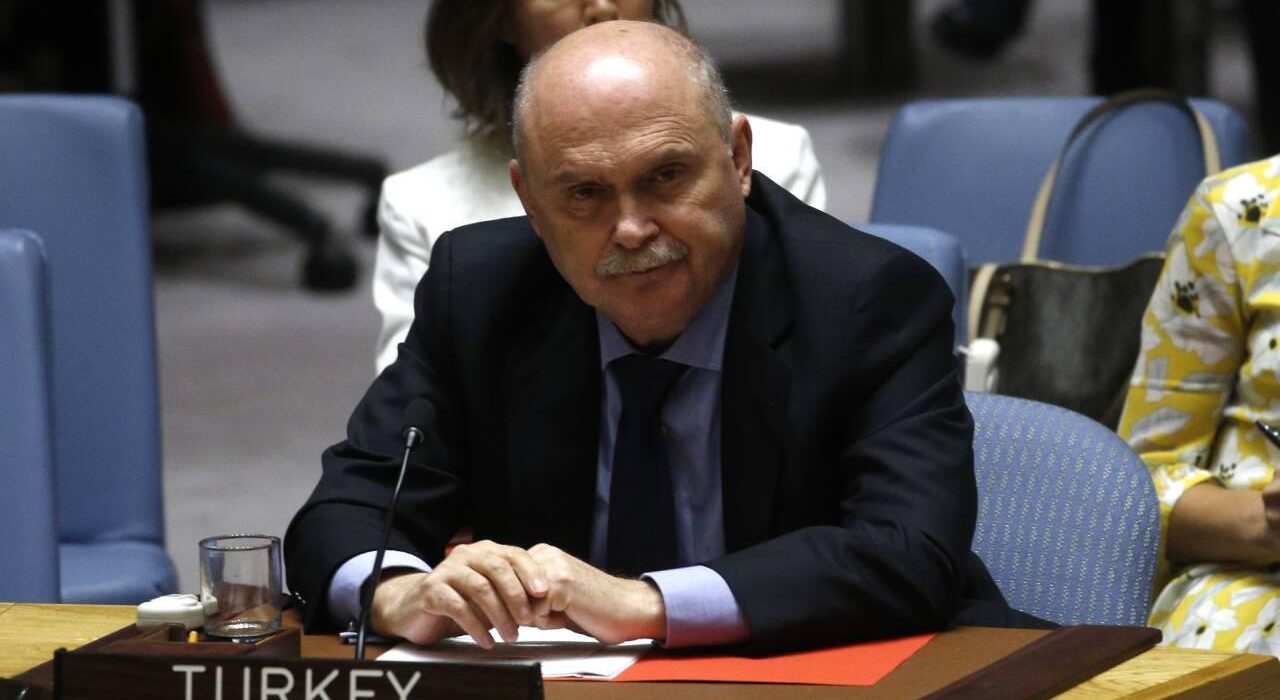Many journalists in Afghanistan are calling on the United Nations Special Coordinator for Afghanistan, Feridun Sinirlioğlu, to address the dire state of the country’s media and relay their concerns to the international community.
Since the Taliban’s takeover in August 2021, Afghan media has faced severe restrictions, including the arbitrary detention of journalists and acts of violence against media workers.
In April 2023, UN Secretary-General Antonio Guterres appointed Sinirlioğlu to lead an independent assessment, offering recommendations to address the challenges confronting Afghanistan. Sinirlioğlu is expected to present his assessment report on November 17, 2023. He recently visited Kabul and held meetings with various Taliban officials and influential Afghan politicians.
However, during his tenure as special coordinator, Sinirlioğlu has not engaged with the Afghan media community.
Nargis Azizi Shuhab, a journalist, implored, “I call on the UN special coordinator for Afghanistan to include the situation of journalists and the freedom of the press in Afghanistan.”
According to NAI (Supporting the Afghan Media), 71 TV channels, 147 radio stations, 36 magazines and newspapers, and 10 news agencies have ceased operations since the collapse of the previous government. NAI further reports that 70 percent of media workers, a majority of them women, have lost their jobs during this period.
Zarif Karimi, an official of NAI, lamented, “We are witnessing the systematic censorship of the media and journalists in Afghanistan. The international community has seemingly forgotten about Afghanistan’s media and journalists, failing to honor their commitments over the past two decades.”
Reporters Sans Frontières (Reporters Without Borders) also disclosed in a report that four journalists have been killed, four others are in Taliban detention in 2023, and many more journalists are grappling with psychological and physical harassment. Women presenters are compelled to cover their faces when appearing on screen.
Meanwhile, the Federation of Journalists’ Rights and Media Organizations in Exile expressed grave concerns about the state of Afghan media following the Taliban’s takeover. The federation stated that the Taliban have subjected journalists to torture, beatings, and arbitrary detention, and have hindered their access to education. It also highlighted the severe challenges faced by women journalists in the country.
Despite claims by Taliban officials that its administration is committed to freedom of the press and media laws, many journalists, educational advocates, and human rights activists have been detained in Afghanistan. Journalist Murtaza Behboudi and educational advocate Matiullah Wesa were released after months of detention by the Taliban.





